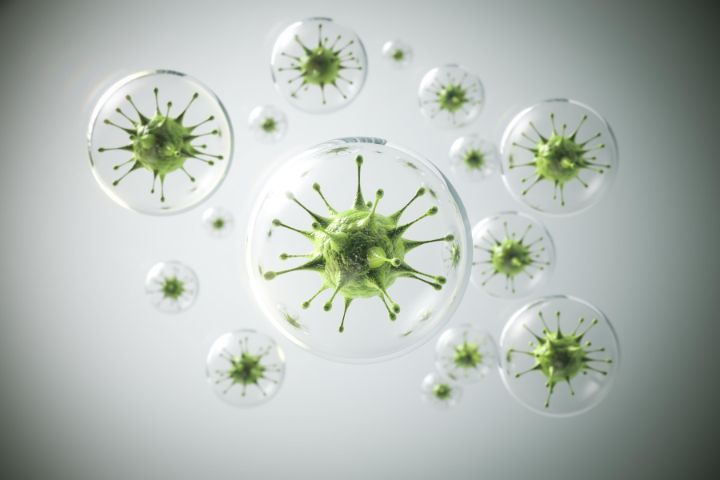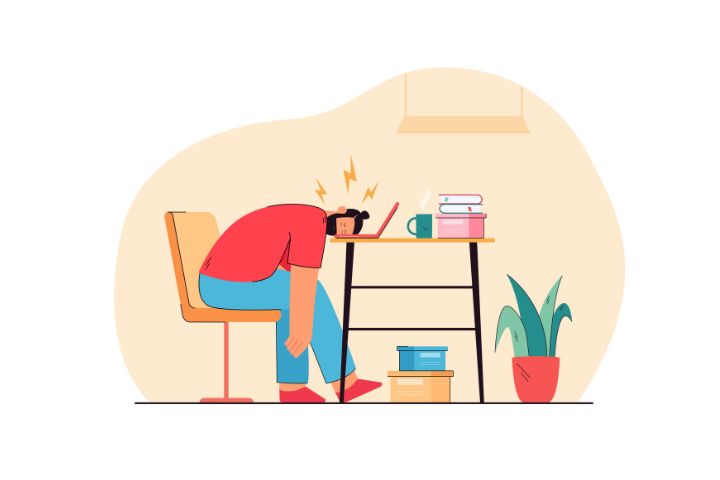Table of Contents
A Urinary Tract Infection or more commonly known as a UTI is an infection of the urinary tract and system. (1)
The urinary system purifies the blood, filters out waste materials from the body, produces urine, manages blood pressure levels, controls blood volume, and much more.
The urinary system is made up of the kidneys, bladder, ureters, urethra and renal pelvis.
Even though female patients are more prone to UTIs, male patients can also develop UTIs. Therefore, it is highly recommended for all patients to be aware of various natural herbal remedies for UTI.
1. Causes of A UTI
Various bacteria can be found in the rectum and vagina or even on the surrounding skin. Bacteria may then enter the urethra and migrate to the bladder. (2)
Even though the urinary system is designed to keep pathogenic bacteria out, these defences may occasionally fail. If this occurs, bacteria may enter the urinary system and spread, resulting in a UTI.

Image Credit: Freepik
Furthermore, kidney-related diseases, poor hygiene, previous UTIs and being sexually active may increase your risk of developing a urinary tract infection.
2. Symptoms Of A UTI
If a patient develops a UTI, they may experience any of the following symptoms: (3)
- Fatigue
- Fever
- Pungent Urine
- Bloody Urinal Discharge
- A burning sensation when urinating
- A constant urge to urinate
- Cloudy urine discharge
- Increased discharge of urine
Symptoms of UTIs that are mild can sometimes be misinterpreted for other ailments, or they might not be perceived at all.
However, not treating them may result in complications and discomfort.
3. How To Cure A UTI

Image Credit: Freepik
Apart from natural herbal remedies for UTI, patients may be prescribed antibiotics for treating UTIs.
Other methods for curing a UTI without antibiotics include consuming foods that are rich in probiotics and Vitamin C, maintaining good hygiene and staying hydrated.
4. Herbs For UTI Symptoms
Certain varieties of herbal teas can be used to supplement antibiotic prescriptions for urinary tract infections.
Certain herbal teas have been shown to alleviate UTI symptoms faster. (4)
Antimicrobial teas are the most commonly used for urinary tract infections.
This property aids in the elimination of various types of bacteria that may be the source of urinary tract infections.
Diuretic herbal teas are also extremely useful when addressing a UTI because they promote increased production of urine, hence resulting in increased urinary flow and urinary tract purification.
The following list of herbs and herbal tea derivatives may help address UTI symptoms:
- Thyme Tea
Many patients may wonder about the benefits of thyme tea for UTI. Thyme has proved to help preserve urinary tract health and maintain the ecosystem of healthy bacteria in the urinary system as a natural antibiotic.
- Slippery Elm
Slippery elm, derived from the bark of the elm tree, has long been valued for its healing qualities.
When combined with water to create a tea, slippery elm can ease the lining of the stomach and urinary tract, supporting its recovery from various types of irritation or inflammation.
As a result, slippery elm may aid in the relief of uncomfortable, irritating symptoms of a UTI. Furthermore, slippery elm, as a moderate diuretic, aids in increasing urine flow and removing pathogens from the urinary system.
- Goldenseal
Another herb that has been clinically shown to heal UTIs is goldenseal. It contains antibacterial and anti-inflammatory compounds such as hydrastine and berberine.
Furthermore, some studies demonstrate that berberine can inhibit certain germs, particularly E. Coli, from attaching to urinary tract walls, allowing them to be removed more readily.
- Corn Silk Tea
Another common home cure for urinary tract disorders, including infections, is corn silk tea.
According to certain research, corn silk tea has a high concentration of tannins, terpenoids, and alkaloids, making it high in antibacterial capabilities.
Furthermore, corn silk is a diuretic, which aids in the elimination of bacteria through the urine.
Corn silk tea for UTI is also packed with antioxidant and antimicrobial properties that can prevent the development of UTIs.
Order it here. Free shipping across the USA!
- Dandelion
Dandelion is a herb with a strong diuretic effect. It aids in increasing urine volume, allowing bacteria that cause UTIs to be flushed out more rapidly.
- Sambong Tea
The effects of sambong tea for UTI have been well researched over many years. Sambong tea can act as a diuretic and can hence aid in urine flow which can help flush out bacteria from the urinary tract.
- Marshmallow
Marshmallow, or Althaea Officinalis, is an anti-inflammatory herb that is accessible in dried, capsule, and tea forms. Althaea officinalis can help calm and lubricate the urinary system lining to help reduce discomfort.
5. Natural Remedies For UTI
-
Increase Water Intake
Water and other non-carbonated liquids can aid in the diluting of urine and the elimination of various pathogens and harmful bacteria from the urinary system.
-
Herbal Remedies
Natural herbal remedies for UTI such as various teas and supplements have been proven to be effective in relieving UTI symptoms.
-
Heating Pads
Placing a warm heating pad on your lower abdomen may help reduce stomach and lower back pain or cramping caused by a urinary tract infection.
-
Urinate More Frequently
To avoid the growth of bacteria, it is critical to empty your bladder at regular time intervals, especially if you have a UTI.
6. Dosage of Herbal Remedies
Although there have been correlations formed between natural herbal remedies and treating UTIs over the past few years, there is no specific suggested dosage because most herbal remedies are not formally FDA-approved for any condition or ailment.
Users and supplement manufacturers have developed unofficial doses via trial and error.
However, consult a doctor to determine whether in your case it may be helpful to take herbs for complicated UTI symptoms, and how much to take.
7. Preventative Methods

Image Credit: Freepik
Urinary tract infections may be avoided by keeping in mind the following list of preventative methods: (5)
- Avoid Douching
- Avoid Fragranced Products
- Maintain Personal Hygiene
- Stay Hydrated
- Urinate Frequently
8. Conclusion
A UTI may be a very painful and time-consuming experience for patients. As a result, patients need to learn how to avoid and treat a UTI.
With various types of bacteria increasing the risk of developing a UTI, many patients may find themselves wondering, ‘What are some natural herbal remedies for UTI?’ or ‘How To Treat Klebsiella Pneumoniae UTI Naturally.’
Therefore, the aforementioned information can help patients prevent and treat a UTI naturally.
